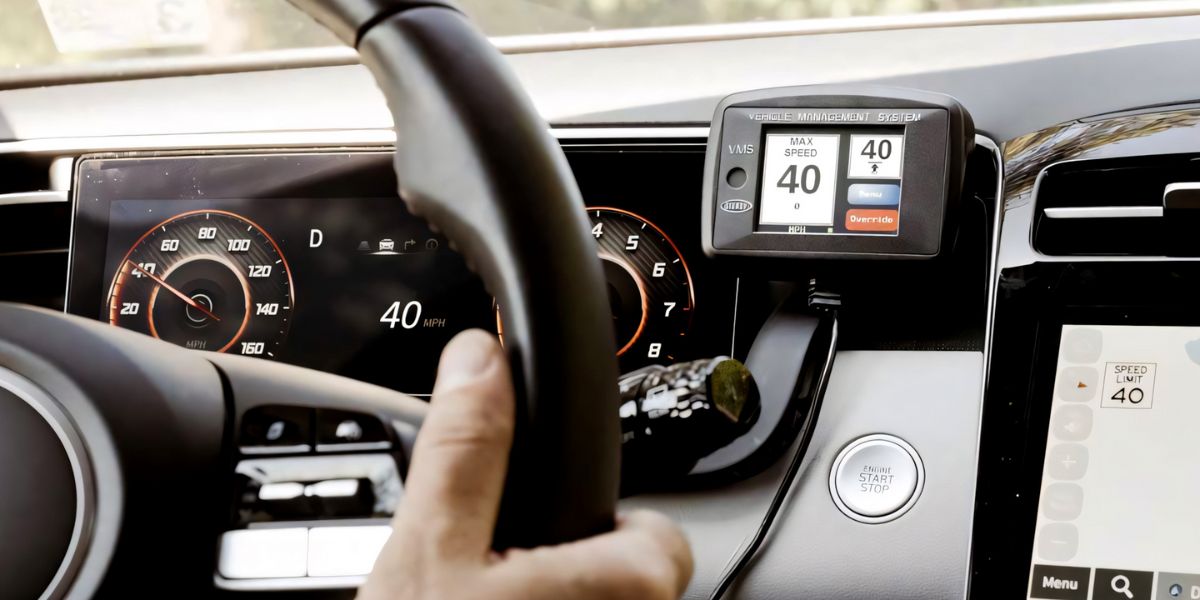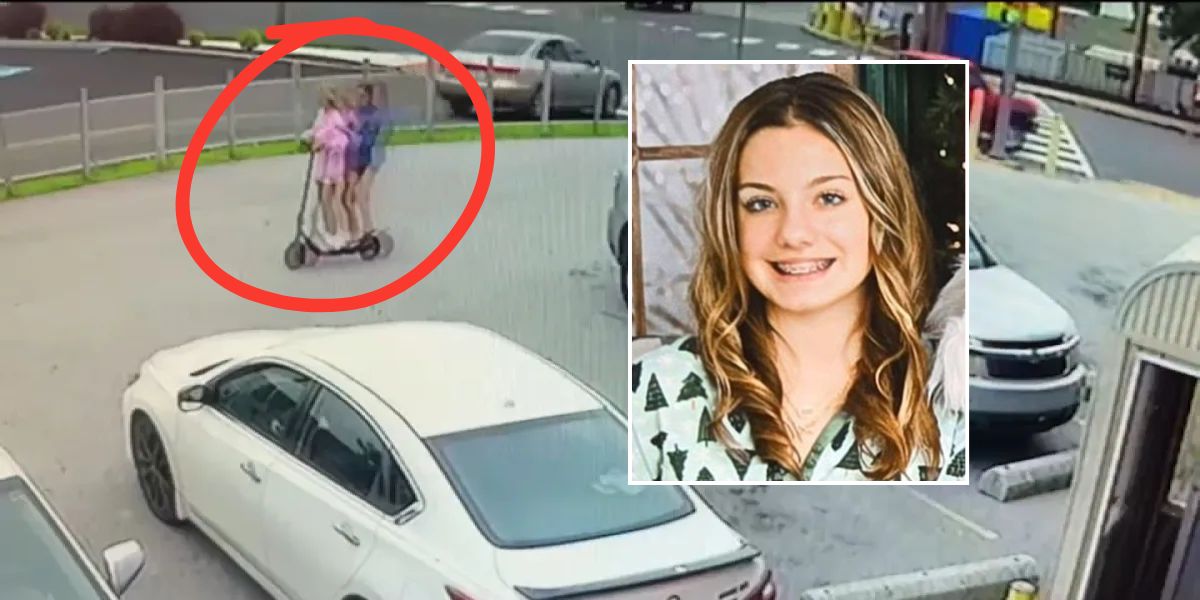Governor Bob Ferguson signed the Washington State Legislature’s House Bill 1596, which is expected to go into effect in the upcoming three years.
This bill states that obtaining a restricted driver’s license after having one suspended for speeding or reckless driving will require a new speed-limiting device.
Furthermore, according to the law, a judge may mandate speed limiters as part of post-conviction probation or pre-trial release.
Some sources claim that these new gadgets use GPS to limit speed to the posted limit. The authorities have already resolved them in accordance with the state’s laws.
These customization choices aid law enforcement in adhering to the ongoing modifications in speed limits implemented by US states as a result of assessments of drivers’ conduct.
During a protest at the Capitol on Monday, a similar device was used, but the goal was to stop drunk driving. It is comparable to ignition interlock devices, which require users to demonstrate their blood alcohol content by blowing into a breathalyzer before starting their vehicle.
The gadget will make sure that drivers who have a history of exceeding the speed limit don’t do so more than three times a month. It is crucial to keep in mind that drivers who receive speeding tickets have an alternative option: they can decide not to drive while their license is suspended.
In Washington, speeding drivers were responsible for 34% of the 731 traffic fatalities that occurred last year, according to data from the state Traffic Safety Commission.
The figures, which were higher than those from 2015 to 2021, raised concerns for authorities and strengthened their efforts to find strategies for identifying and avoiding repeat offenders.
Additionally, according to data from the American Association of Motor Vehicle Administrators, “roughly 75% of all suspended drivers continue to drive.”
Read Also: Pennsylvania Approves Immediate Registration Suspensions for Unpaid Tickets
Washington became the second state in the US to implement a speed-limiting device instead of suspending licenses with this new law. The first was Virginia, which in April chose a comparable course of action.
Despite its urgency, the new law won’t go into effect until 2029
The law was signed this year, but it won’t become operative until 2029. Drivers would be required to pay for the installation and removal of the speed limiter when the devices were prepared for deployment.
Additionally, they will be required to pay an extra $21 a month, which will be used to help low-income individuals who require the devices but are unable to pay for them. In any event, it is advised that drivers continue to observe the speed limits, which are subject to change at any time.



